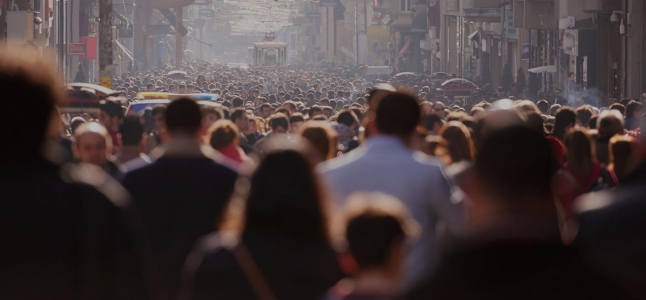Life always continues and is interconnected. So drawing a line in the sand of time and saying “this is 2016” and “that is 2017” is a bit odd. At the same time that line is useful. It creates a moment to look back, and based on that, move forward.
In a world where rule of law as we knew it is not taken for granted anymore, we had a volatile year ourselves. We succeeded in some things, failed in others, and like to think that we learned in both instances.
We close the year working in eleven countries: Nigeria, Kenya, Uganda, Jordan, Tunisia, Lebanon, Mali, Bulgaria, Ukraine, The Netherlands, and the United Arab Emirates. In each of these countries we aim to contribute practically to more access to justice. It took us while to come up with our definition of access to justice, but we think we have it now: a sustainable solution for a basic justice need through a respectful process. What do you think?
It is what we have been measuring all year with our JNS survey tool: the justice needs and the respectfulness of the processes that are supposed to help deal with those needs. Two reports concerning Uganda and Ukraine show that the needs are plentiful and the justice journeys to meet them are full of potholes, nasty bends, and sudden dead ends. They show what we have also seen in other countries: there are so many unmet justice needs. Too many people give up (for example: a staggering 43% of Ukrainians don’t even try, or can’t find their way). Too many people don’t understand the complex procedures. Women get a lot less justice than men. For both countries, we also did in-depth reports on the two most serious justice: family justice in Uganda and labour disputes in Ukraine. Both make worrying reading. As I write, data collection in Tunisia is completed and has started in Jordan, Lebanon, and Kenya. In Uganda, and Ukraine. We hope to start in Mali, which we surveyed in 2014, for a follow-up survey early 2017. We are learning how to build coalitions for change around our justice needs data – which is not always easy. But, generally speaking we see the magic of data: it gets people talking about developing better justice journeys for the most serious justice needs.
The justice needs data was also used as the foundation to scout promising justice entrepreneurs. Some good news here: we keep finding more of them, of better quality. We will work hard with them to achieve nation-wide breakthroughs – the real challenge. Out of the six award winners of 2015, we were able to guide two justice entrepreneurship teams to scale-up and to increased investments: DIY Law (Nigeria) and the MSME Garage by Barefoot Law. Both offer access to justice for SME’s, the biggest employer of Africa. For 2016 ten top teams were selected as winners. As part of our own scale up strategy, we launched a new initiative – the Justice Entrepreneurship School. The ten winning teams were put through an intense week of learning and exchange on the basis of which they prepared the Acceleration Plans that will guide our support to them in the coming year. We were able to raise more seed money than ever, which will greatly help us with maximising scale-up and impact. As we shared during the 2016 innovating Justice Forum, we learned this year that the HiiL Innovating Justice Award winners have contributed to various forms of access to justice for a staggering 1,4 million people since 2011.
The platform has received acclaim in over 60 national and international media outlets, including The Economist. We learned that getting to a mutually reinforcing partnership with the traditional justice institutions to scale up a platform like Rechtwijzer is difficult. So we decided to run it as a separate legal entity, with separate management, and funded separately from HiiL through social impact investors. The expertise and knowledge that we built up around designing innovative procedures will remain within HiiL and be developed as a product going into 2017. Two results we are already very proud of in this regard. Firstly, the Trend Report we published on online dispute resolution and the courts, which was widely read. Secondly, an innovative plan we developed to deal with the problems caused by the current divorce procedures in The Netherlands, which was selected as one of four winners from 500 submissions in the Dutch Divorce Challenge.
HiiL was very proud to see two initiatives it helped develop in previous years prosper. The Wildlife Justice Commission completed an investigation on Vietnam and held a successful first public hearing the Peace Palace. I pay tribute to its brave and extremely dedicated team. The Justice Leadership Group – with whom HiiL has worked closely in the past year and will continue to do so in 2017 – organised a Justice Dialogue in Amman to already start the thinking about rebuilding the justice system in Syria, based on the needs of citizens.
I started this note by expressing concern regarding the state of rule of law. In this time of polarisation, rule of law as a way of building bridges to fairness is more important than ever: between people and between people and their governments. Many of the procedures that justice systems offer are still not accessible enough and polarize themselves. We end the year with more worry about the responsiveness of state justice institutions to justice needs of their citizens and less optimistic about how this can be changed compared to our earlier trend reports. One moment stands out for me: when, during one of the sessions of the Justice Entrepreneurship School, we asked the ten winning innovation teams what their experiences where from the formal justice system institutions – the ministries of justice, the judiciaries, the bar associations, the legal aid boards, and the like. Sadly, not one of them could mention anything positive they had experienced. In all of the ten countries these institutions were seen as hurdles to overcome or to actively avoid dealing with. Though the need for change is bigger than ever, resistance to change remains tough. This is something we urgently need to deal with.
We take heart at the fact that our message is increasingly being noticed. Some highlights: HiiL featured in a documentary on innovation and access to justice made for a high quality Dutch television program – with both a Dutch and English language version. And at the last day of the year we were on the front page of the Financieel Dagblad in the Netherlands. As the year ends, the HiiL cry for justice innovation also featured in a blog on the website of the World Economic Forum.
What we were able to do in 2016 would also not have been possible without our strong strategic partnerships with the Dutch and Swedish ministries of foreign affairs, the Ford Foundation, the municipality of The Hague, the ministry of justice of United Arab Emirates, and the Justice Leadership Group. We thank them.
And we also deeply thank you for being with us during the past year. We have a lot of work to do and look forward to doing it with you.
My very best, on behalf of the whole HiiL team, Sam


